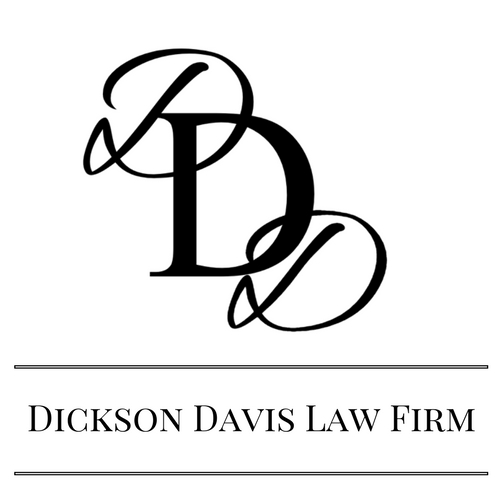Transparency in billing Practices
With probate and estate planning, the complexity of the issues and the net worth of the estate typically drive the costs of drafting or assisting with probate matters. Typically, the attorney billing practices are either hourly billing or flat fee billing depending on the nature and complexity of the client's needs.
For example, if the issues are relatively simple and straightforward, and the net assets of the estate are less than $300,000, then flat fee billing is usually preferable for a simple will or a pour over will and establishing a trust.
On the other hand, certain issues can often create difficult times for family members after losing a loved one. With issues such as will contests, where one of the beneficiaries dispute the terms of the decedent's will, or other related matters to the division of the decedent's assets in probate court, these issues may involve either flat fee billing or hourly billing.
Under these circumstances, and with many unknown variables to consider in these types of disputes, hourly billing is typically standard. However, which method of billing often depends on the client's needs and the nature and complexity of the issues.
For flat fee billing when drafting legal documents, the Dickson Davis Law requires payment in full at the time of delivering the documents.
For hourly billing regarding other probate, estate planning, or related matters, the Dickson Davis Law Firm bills on a monthly basis for all services rendered that month.

